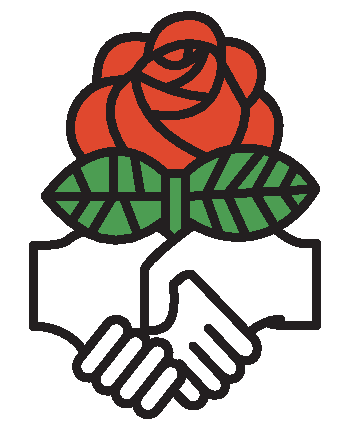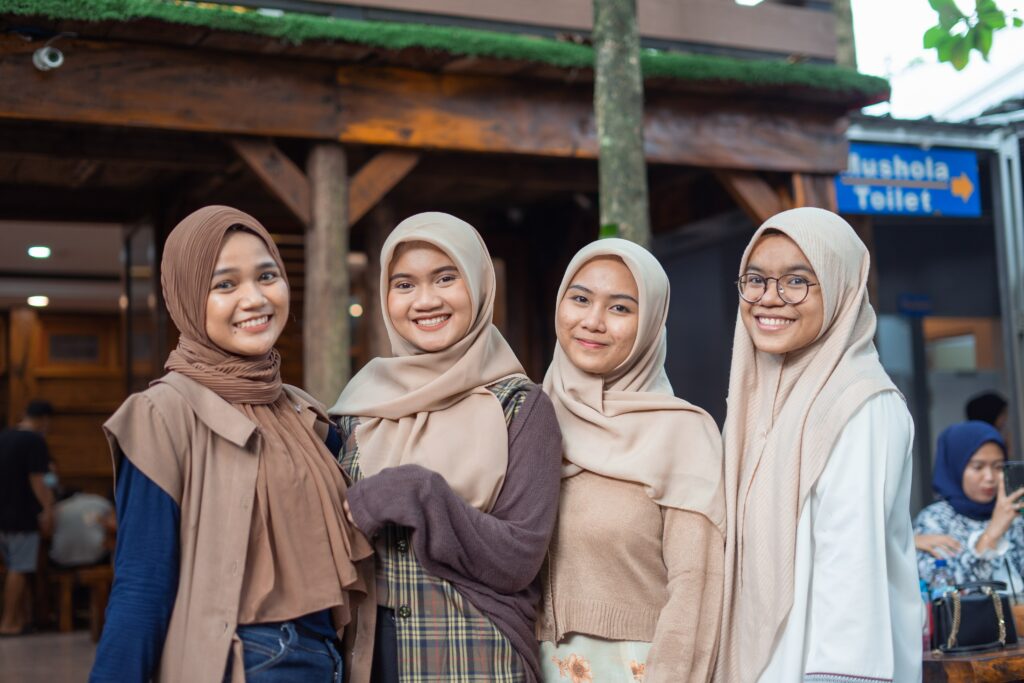Beijing Declaration and Platform for Action – 20 Years Later
Mexico, Mexico City, 26 and 27 June 2014
Resolution
True to its vision, the Socialist International Women (SIW) believes that the participation of women is essential for sustainable and equitable development. It is therefore essential to establish a viable framework for monitoring, with clear mechanisms and new gender indicators, to achieving the Millennium Development Goals (MDGs) as defined in the Post-2015 Development Agenda.
Many other women’s organisations and personalities around the world who share this vision recommend, among others, the need to include in the Post-2015 Development Agenda the measures proposed by the Beijing Platform for Action (BPA-1995), by the Programme of Action of the International Conference on Population and Development (ICPD-1994) and by the Convention on the Elimination of All Forms of Discrimination against Women (CEDAW-1979).
Among all the significant events of the twentieth and twenty-first centuries, the progressive advancement of the women’s status is the greatest peaceful social revolution. A few months before the 20th anniversary of the Fourth World Conference on Women and the adoption of the Beijing Declaration and Programme for Action (1995), we find that the status of women has improved over the last decade.
While appreciating the progress made, we stress that challenges remain to fully implement the MDGs and that progress is still required in relation to the unequal disparities experienced in many parts of the world. In some parts of the world, women are at the beginning of the marathon, while others have already come a long way. Inequalities between men and women persist and significant barriers remain. In some cases, we even find a regression in relation to progress already made.
The characteristics of several common elements of imbalance that continue to exist between women and men, are often related to difficulties in the exercise of women’s human rights and the incapacity in the application of the international women’s human rights in particular the Convention on the Elimination of all Forms of Discrimination against Women (CEDAW).
Firstly, there is the unequal sharing of family responsibilities and socio-economic positions; poverty still has a female face, and unequal pay for work of equal value is still prevalent. Education and training for women and girls is still not guaranteed and the lack of expansion of women’s access to health care remains a concern. Then, violence against women continues, their protection in situations of armed conflict remains insufficient and finally, the decision-making process continues to be primarily in the hands of men in several areas, including politics, media and the environment.
Women in their vast majority have little or no involvement in decision-making. Victims of conflict are omitted in the process of prevention and conflict management.
In countries where women’s achievements have been outstanding, and where governments have adopted legislative instruments to favour equality, disparities still exist between the formal equality and real equality.
Considering that in 2015, the 59th session of the Commission on the Status of Women will undertake the evaluation of the implementation of the Beijing Declaration and Platform for Action, which was adopted at the Fourth World Conference on Women (Beijing, 1995) and the outcomes of the twenty-third special session of the General Assembly (2000), the Socialist International Women supports the resolution E/RES/2013/18 of the United Nations Economic and Social Council which:
– Calls upon all Member States to undertake comprehensive national examinations to identify progress made and obstacles encountered in the implementation of the Beijing Declaration and Platform for Action and
– Urges Member States to continue to support the interventions and contributions of civil society, particularly non-governmental organisations and women’s organisations, for the implementation of the Beijing Declaration and Platform for Action and the outcome of the twenty-third special session of the General Assembly and, in this regard, calls upon them to work at all levels with relevant stakeholders to prepare for the target year of 2015, and capitalise on their experience and expertise. The Socialist International Women also urges all member parties of the Socialist International (SI) and all women’s organisations around the world to be involved in the work on the evaluation of the implementation of the Beijing Declaration and Platform for Action and the outcomes of the twenty-third special session of the General Assembly, at all possible levels, given the guideline (Annex 1) which aims to facilitate the development of these national examinations and to provide assistance in this field.
The Socialist International Women urges all member parties of the Socialist International, whether in power or in opposition, to require ratification without reservation by the United Nations Member States of the Protocol to the Convention on the Elimination of All Forms of Discrimination against Women (CEDAW); formulate and implement policies; propose and adopt legislation; perform administrative and information support activities; and to vigorously practice their political commitment to the ‘Twelve Critical Areas of Concern’ and their respective strategic objectives as described in the Beijing Declaration and Platform for Action (Annex 2).
In this regard, we will continue to work with the Socialist International to promote within the organisation our common goal to achieving gender equality and the empowerment of women.
And as a non-governmental organisation with consultative status at the United Nations Economic and Social Council (ECOSOC), the Socialist International Women is committed to the evaluation of the implementation of the Beijing Declaration and Platform for Action and the outcomes of the twenty-third special session of the General Assembly to contribute effectively to the CSW59 Beijing + 20 in 2015.
The Socialist International Women and the organisations that form part of it, further commit to not taking a step back, in their work with the United Nations and in their respective countries, with regard to the objectives of the Platform for Action, following these objectives that are still valid in most countries of the world. It is because of this that we need to keep moving and looking for new ways and actions for the full achievements of these objectives.
_______________

